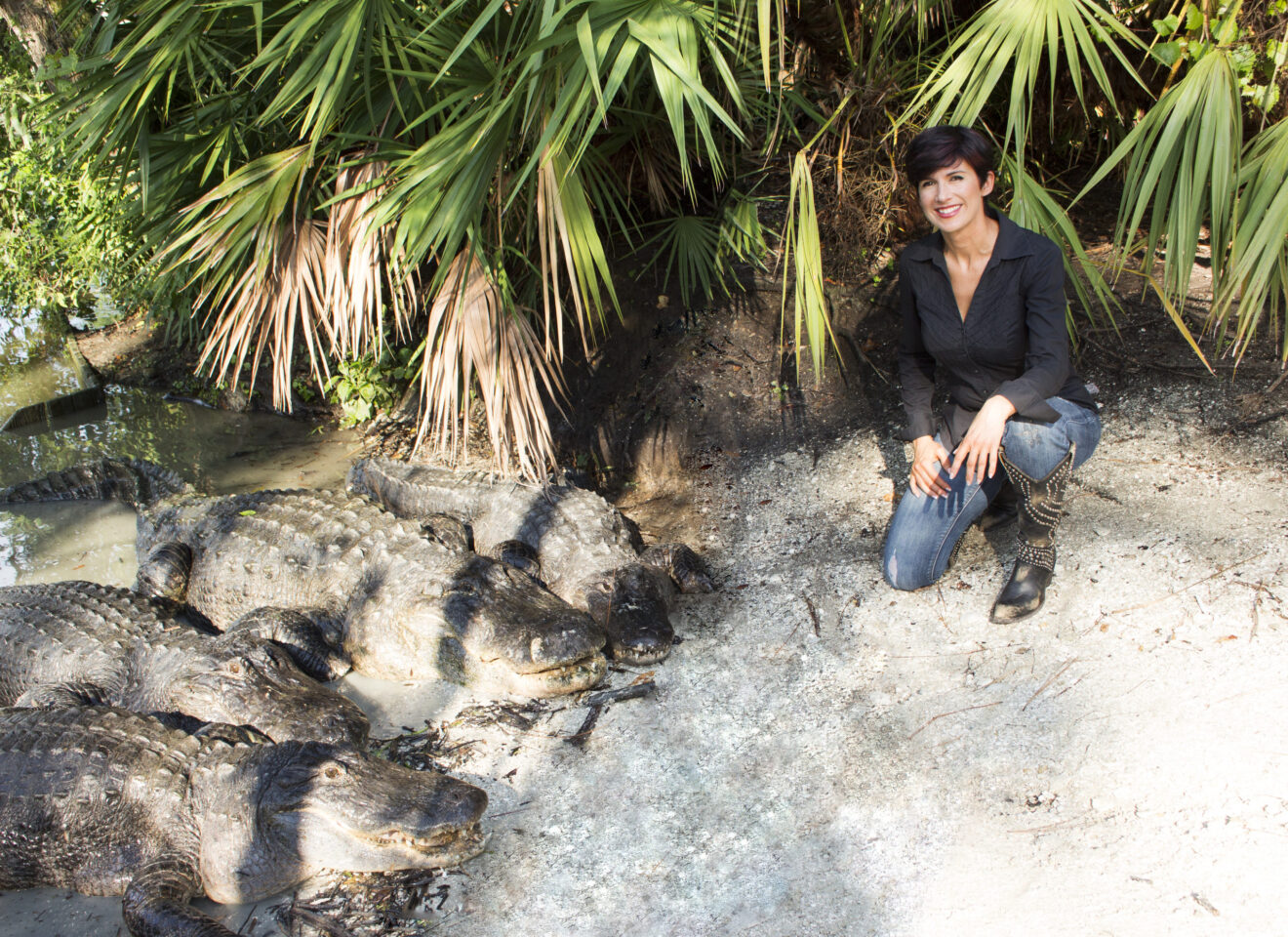This post is sponsored by Penguin Random House
Zoe Chance teaches an ethical, inclusive style of influence. From the Ivy League classrooms of New Haven to TedX-and-Coursera-tuned screens across the world, admirers from every walk of life clamor to learn her techniques to get what they want in life without losing their authentic sense of self.
We chatted with Chance about her engaging new book, Influence is Your Superpower, which explores research-based strategies using humor and concrete take-home tips to help readers master the art of making good things happen.
Question: Your insightful book grew from research on which you have based your popular Yale MBA course and TedX talk, “How to Make a Behavior Addictive”. Who can most benefit from your book?
Answer: This book is for everyone who wants to be more influential, but doesn’t want to be manipulative. It teaches you how to get what you want without compromising who you are. CEOs, Olympians, activists, entrepreneurs, politicians, central bankers, sales and marketing teams (even a princess!) have found the material useful, and in some cases transformational.
Q: “Influence” has become such a buzzword of late. In what sense do you use the term in helping readers find their voice (and therefore, their success)?
A: Buzzword in a negative sense, right? Like the social media “influencers” we find so annoying? I use influence in its most inclusive sense—to change someone’s thinking or behavior. The path to long-term success isn’t lonely at all, it’s a journey we’re on together. In the negotiations chapter, the value creation questions I teach are, How could it be even better for me? How could it be even better for them? Who else could benefit? This isn’t the typical approach to a negotiation, it’s almost the opposite. But it’s powerful. I share how it has led to one of the most fruitful academic-industry partnerships ever, between Yale and Google.
Q: We have all been taught that first impressions matter. You go a step further, suggesting that “understanding, predicting or influencing other people’s behavior should start with their ‘gator’s’ snap judgment. Always.” How does one take advantage of that knowledge to get the best outcome during interactions?
A: The book covers a lot of those strategies, but if you were to just pick one, actively express warmth. When someone meets you, they’re unconsciously asking themselves two questions. “Do I like them?” and “Do I respect them?” Liking-judgments happen first. They’re more powerful, and they’re stickier. So they’re more important. It’s not enough to like people; you need to show them you like them. Warmth is the biggest factor determining whether we like someone. If we do, we’re willing to forgive a lot of flaws. If we don’t, it almost doesn’t matter how smart or talented they are.
Q: While much of the book’s content is geared toward finding success in the business world through deep interpersonal understanding, the tagline reads, “The science of winning hearts, sparking change, and making good things happen.” Can these strategies benefit aspects of the reader’s personal life, as well?
A: This book is about influence in authentic relationships between human beings at work, at home, in the middle of the ocean, anywhere. Because the strategies I share are respectful, you can use them with people you actually care about, not just with customers you’ve never met. A lot of executives had success using The Magic Question with their kids, for example. The question is just, “What would it take—?” In the book I explain why and how it’s magic. But you can try it out for yourself and see.
Q: What do you hope to offer readers as the big takeaway from exploring these insights?
A: My hope is that every reader will put at least one of these tools into practice. Just one. Because the most important takeaways come from practice. If you want to see what I mean, I dare you to try saying no to everyone who asks for something in the next 24 hours. You learn things you didn’t expect. (*But please don’t ruin your life.) Getting more comfortable saying no will help you get more comfortable hearing no, which will make your requests sound less needy—which will make people more inclined to say yes.
Learn more about Zoe Chance’s book.
If you liked this article, sign up for SmartBrief’s free email newsletter on leadership. It’s among SmartBrief’s more than 250 industry-focused newsletters.
